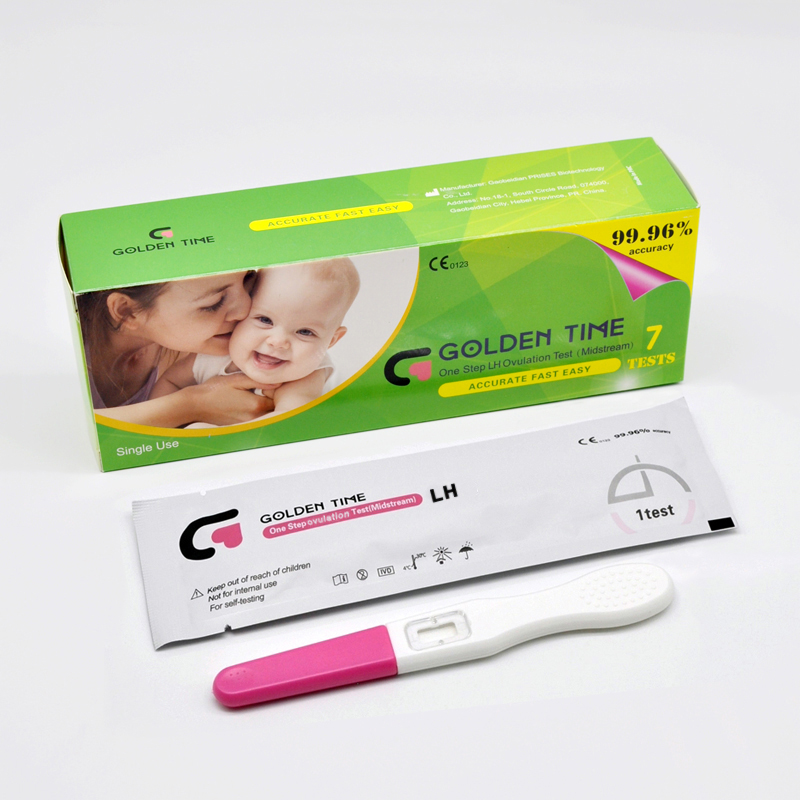දෙසැ. . 01, 2024 00:51 Back to list
Find Reliable Suppliers for Hepatitis C Screening Tests and Solutions Online
Understanding Hepatitis C Screening Importance and Supplier Insights
Hepatitis C is a viral infection that primarily affects the liver, potentially leading to severe complications such as cirrhosis or liver cancer. Early detection and treatment are crucial in reducing these risks, making Hepatitis C screening an essential part of public health initiatives. This article explores the significance of Hepatitis C screening and offers insights into selecting the right suppliers for screening tools.
The Significance of Hepatitis C Screening
The World Health Organization (WHO) estimates that around 71 million people globally are chronically infected with Hepatitis C. This significant number highlights the urgent need for widespread screening and awareness. Hepatitis C often goes unnoticed until significant liver damage occurs because many individuals do not exhibit symptoms during the early stages of infection.
Screening for Hepatitis C is vital for several reasons
1. Early Detection Identifying the presence of the virus can initiate timely treatment, which can effectively cure the infection in many cases. Early intervention reduces the risk of liver damage.
2. Prevention of Transmission By screening and subsequently treating infected individuals, the potential for spreading the virus to others is significantly decreased.
3. Public Health Strategy Widespread screening can help health authorities understand the infection's prevalence in different populations, aiding in targeted prevention and treatment initiatives.
Selecting the Right Screening Supplier
buy hepatitis c screening supplier

Choosing an appropriate supplier for Hepatitis C screening tools is crucial to ensure the accuracy and reliability of the diagnostic process. Here are key considerations when selecting a supplier
1. Certification and Compliance Ensure that the supplier's products comply with local and international regulatory standards. Look for certifications such as CE marking in Europe or FDA approval in the United States, which indicate adherence to quality and safety standards.
2. Product Variety Choose a supplier that offers a range of screening options, including rapid tests, blood tests, and lab-based assays. This variety allows healthcare providers to select the most suitable tools for their specific needs and patient demographics.
3. Quality Control Look for suppliers that emphasize rigorous quality control processes. High-quality products will minimize false positives and negatives, ensuring that patients receive accurate results.
4. Technical Support and Training A reliable supplier should provide comprehensive technical support and training for healthcare personnel to ensure they can effectively use the screening tools.
5. Cost-Effectiveness While quality is paramount, it’s also essential to consider cost-effectiveness. Evaluate different suppliers to find a balance between price and quality to ensure that screening programs remain sustainable.
6. Customer Reviews and Testimonials Research customer experiences through testimonials and reviews. Feedback from other healthcare facilities or organizations can provide insights into the supplier's reliability and product performance.
Conclusion
In conclusion, Hepatitis C screening plays a critical role in the fight against this viral infection. By facilitating early detection and treatment, screening helps to prevent severe complications and reduces transmission rates. When selecting a supplier for screening tools, healthcare providers must consider certification, product variety, quality control, support services, cost, and customer feedback. Choosing the right supplier will enhance the effectiveness of screening programs, contributing to better health outcomes for individuals and communities affected by Hepatitis C. By prioritizing screening and therapy, we can make significant strides towards reducing the burden of Hepatitis C globally.
-
Highly Accurate hCG Pregnancy Test Strips - 5 Min Results
NewsAug.02,2025
-
Premium Empty ABS Plastic Cassettes: Durable & Lightweight Storage
NewsAug.01,2025
-
Accurate Cocaine (Coc) Rapid Test Kit | Fast & Reliable Detection
NewsJul.31,2025
-
Accurate HCG Pregnancy Test Strips | Fast Home Use Kit
NewsJul.31,2025
-
Reliable Early Pregnancy Test Kit Supplier - Multi Plastic Cassette Options
NewsJul.30,2025
-
Transferrin Rapid Test Cassette – Reliable Tumor Marker Detection
NewsJul.29,2025

